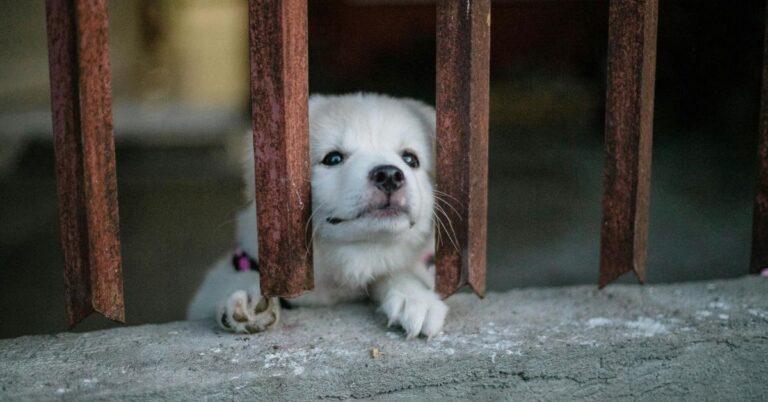20 Dogs Whose Snoring Sounds Are Anything But Peaceful

You thought ghosts were rattling in the dark? Nope—just your dog snoring like a rusty accordion. Some breeds hum, others wheeze, and a few sound like tiny machines powering down. Turns out, canine sleep isn’t quiet—it’s a full-on performance, starring noses, throats, and dreams.
French Bulldog

French Bulldogs snort and wheeze in sleep because their flat faces crush the nasal space. Air must push through tight passages, which exaggerates every breath. This usually mimics a squeaky valve under pressure. Their anatomy alone ensures a nightly soundtrack, no matter how brief the rest.
Pug
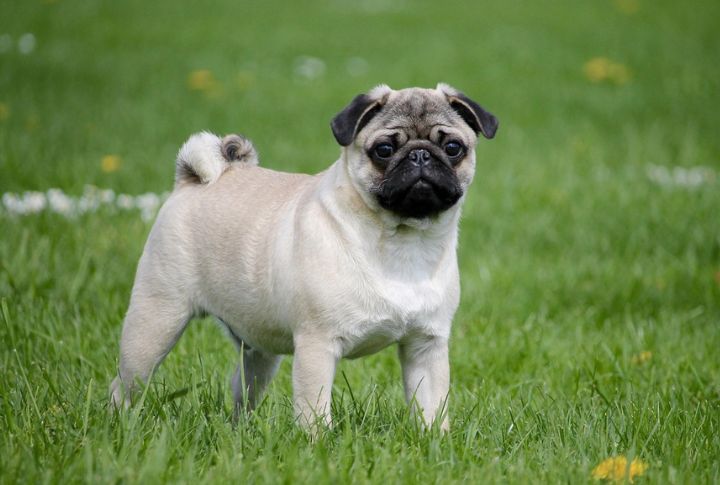
Pugs often suffer from brachycephalic airway syndrome, causing wheezing, gasps, and soft gurgles while asleep. Restricted airflow leads to an odd, almost bubbling snore. Owners may mistake it for distress, but it’s a normal result of this breed’s anatomy.
Bulldog
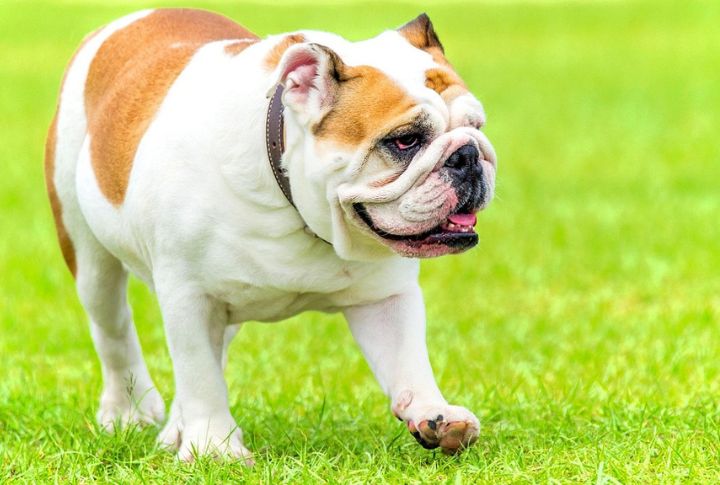
Bulldogs don’t just snore—they rumble. Their flat faces, loose skin, and stocky builds make it easy for airways to constrict during sleep. As they shift around, the sound grows louder, more rhythmic. It’s a steady, unmistakable soundtrack that comes with the pup, and yes, it might keep you up.
Boston Terrier
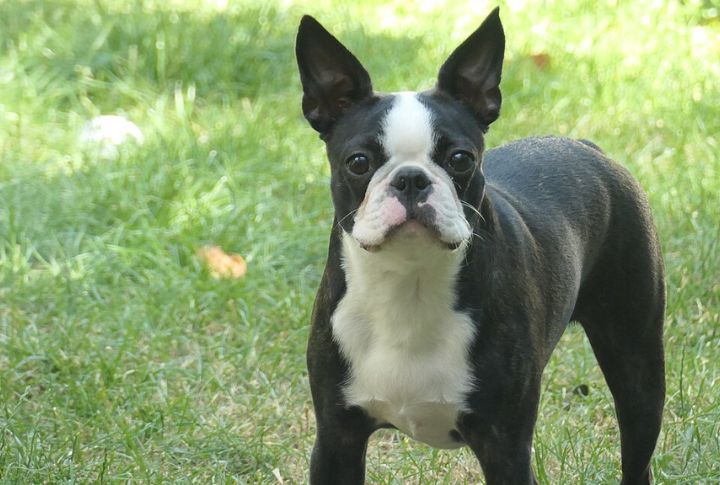
Boston Terriers sleep like tea kettles on low heat. Narrow nostrils with shortened airways restrict airflow, forcing air to squeal with every breath. Though under 25 pounds, they create a soundtrack of chirps or whistles that might resemble distant bird calls, soft yet strangely persistent.
Boxer
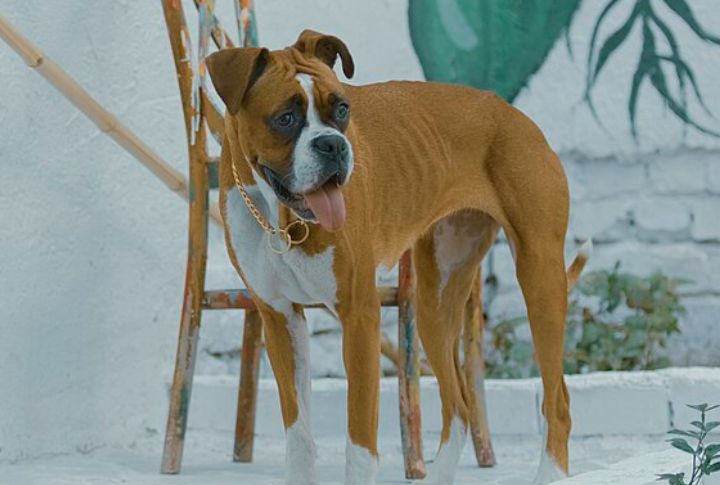
Boxers make all kinds of noise when they sleep—grunts, snorts, even the occasional yelp. Their short snouts and active dreams cause them to twitch or breathe unevenly, which only adds to the ruckus. Additionally, the muscular frame shifts constantly, turning a nap into a full-body event.
Chihuahua
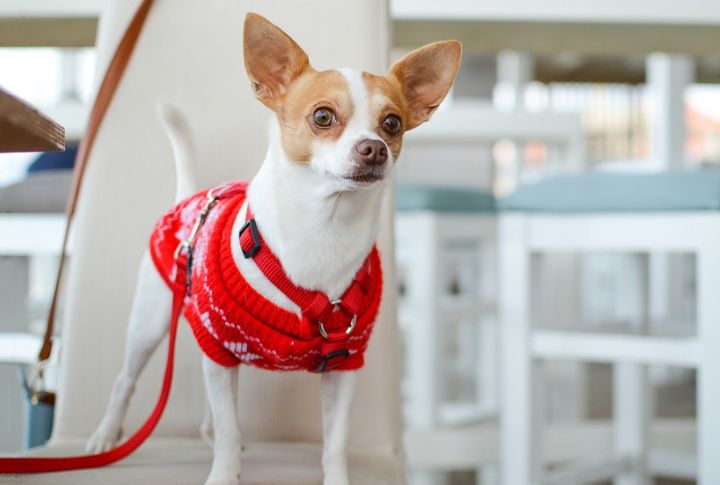
Despite their tiny frames, Chihuahuas often snore with surprising volume. The dog’s narrow nasal passages, combined with tightly curled sleeping positions, make breathing less efficient. Add to that a touch of dream-induced movement, and you get a high-pitched snore that sounds more like a squeaky toy than a sleeping dog.
Pomeranian
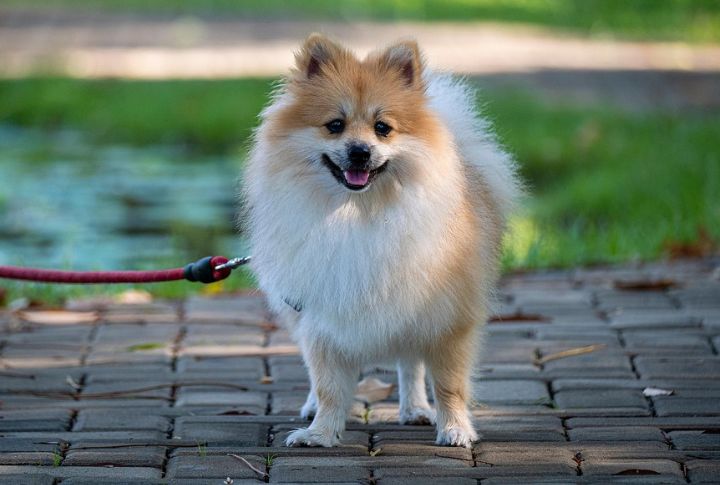
Pomeranians may be small, but their sleep sounds aren’t. Their compact skulls and narrow airways often lead to mild snoring or wheezing, especially when lying curled or on their backs. Though not usually loud, their nighttime breathing is more noticeable than you’d expect from such a lightweight breed.
Cocker Spaniel
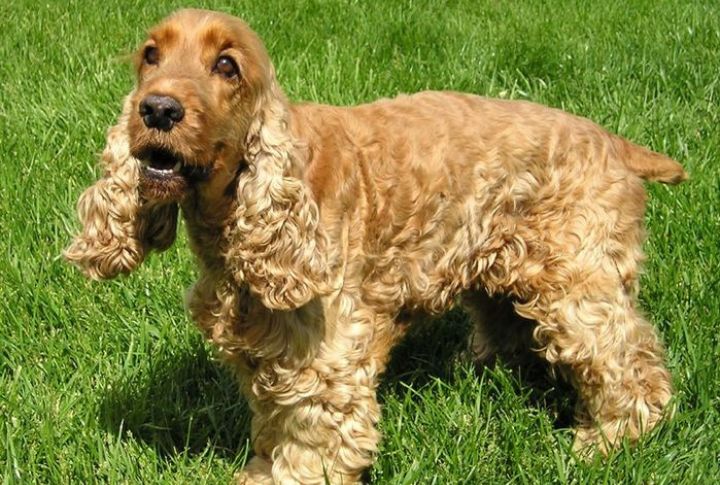
The Cocker Spaniel’s anatomy includes a slightly elongated soft palate and compact muzzle, which may restrict airflow during sleep. This can result in light snoring or labored breathing sounds when they lie on their side or sleep in warmer conditions.
Shih Tzu
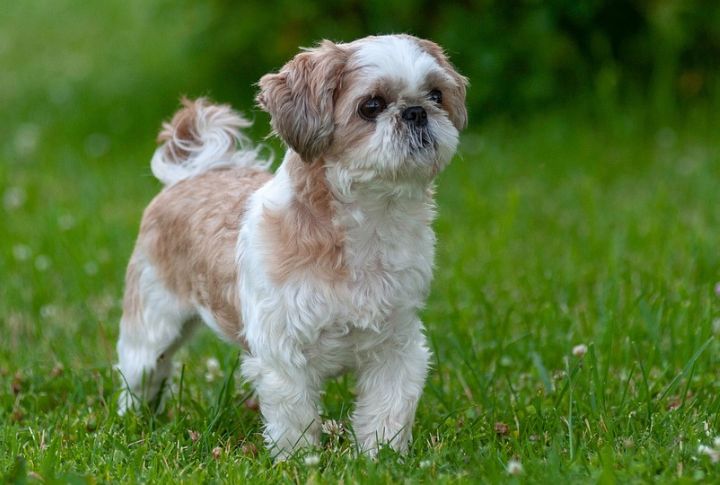
Bred as royal companions in Chinese palaces, Shih Tzus evolved with short snouts and plush coats. They release soft hums and faint puff-like exhalations during sleep. These gentle noises reflect a relaxed respiratory pattern typical of breeds with brachycephalic features. Although not too loud, they carry on throughout the night.
Cavalier King Charles Spaniel
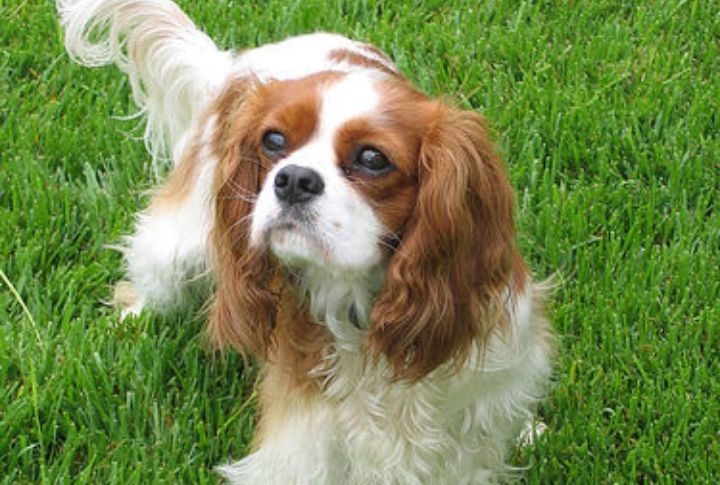
Cavaliers may be quiet when awake, but bedtime tells another story. Their narrow airways and shallow breathing can lead to gentle snores or sighs. It’s not loud, but it’s noticeable and it sets them apart from quieter breeds of the same size.
Lhasa Apso

Centuries ago, Lhasa Apsos guarded temples in silence. Today, their sleep tells a softer story. With thick fur and a compact muzzle, each breath produces delicate wheezes. These airy grunts drift into rooms like distant prayer flags snapping—subtle, sacred, and deeply embedded in their lineage.
Pekingese
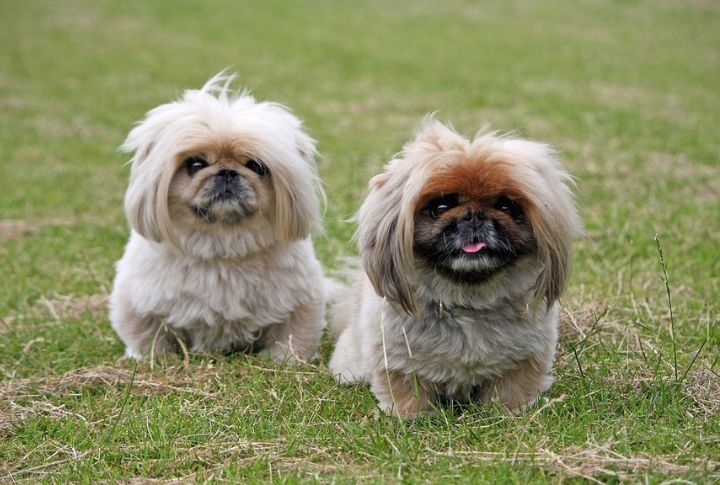
Flat-faced with a deep jaw, the Pekingese emits low rasps during rest that resemble muffled growls. Air struggles through constricted nasal openings, scraping slightly as it moves. The resulting nocturnal soundtrack can feel out of place for such a regal, ancient breed.
Dachshund

Dachshunds often sleep curled up tightly, which can restrict airflow and cause snoring. Their long bodies and short necks also make them more prone to breathing issues during deep sleep, particularly when surrounded by thick blankets or nestled into soft bedding.
Saint Bernard

A Saint Bernard’s large skull and broad chest amplify sound during sleep, resulting in deep, rumbling snores. Their breathing can resemble a low engine at idle, with volume increasing through the night. This is a natural consequence of the dog’s powerful build and relaxed airways.
English Mastiff
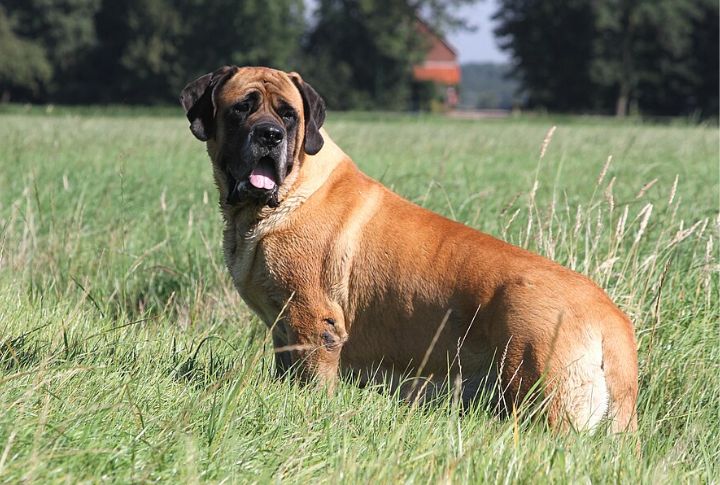
Part lion, part locomotive, the English Mastiff’s snoring isn’t just loud—it’s physical. Their oversized heads, loose throat tissue, and wide nasal passages create deep vibrations during sleep. Because of their sheer size, even normal breathing turns into a heavy, rhythmic rumble that fills the room.
Basset Hound
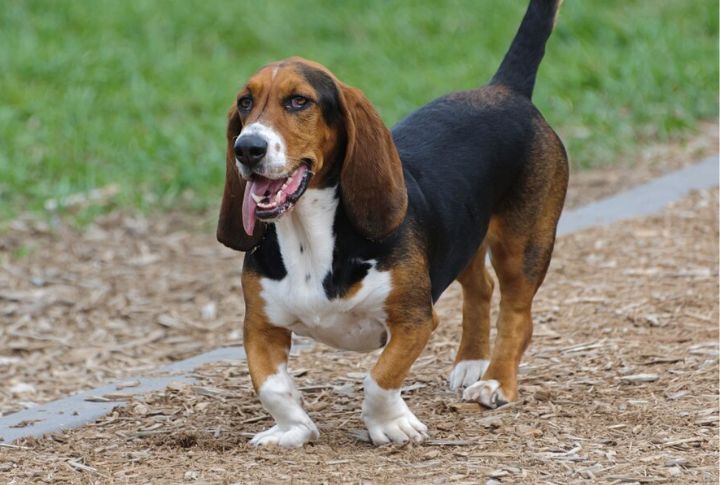
Extra-long ears and elongated nasal passages in Basset Hounds cause a low groan when they are in deep sleep mode, as air circulates through soft tissues. Many say it resembles distant groans, stretching and bending like an old door hinge left to creak open in heavy silence.
Beagle
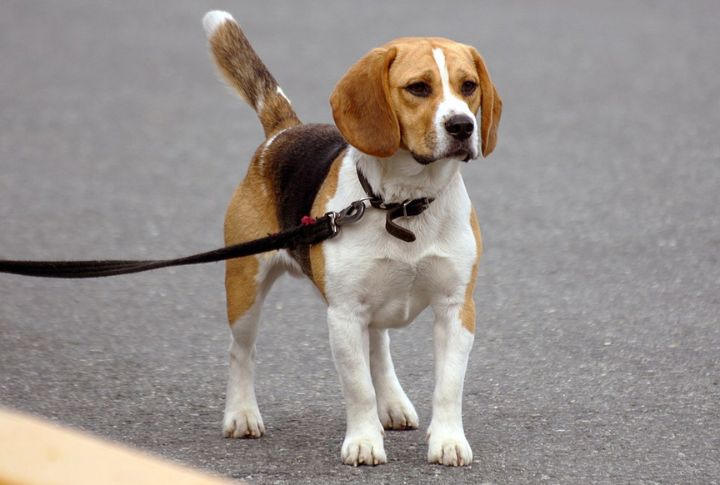
Even while sleeping, the Beagle’s deep-rooted howling instinct finds expression. Soft bays or drawn-out whimpers emerge mid-dream, echoing their hunting heritage. These sudden night noises often appear unprovoked, as though Beagles continue trailing phantom scents.
Shar Pei
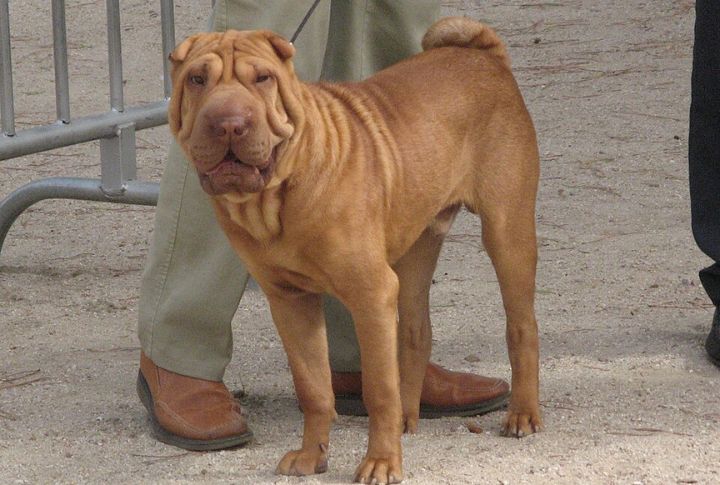
Ever heard a fan pop open again and again? That’s a Shar Pei in deep sleep. Their wrinkles don’t just look adorable—they shape every breath into a strange flutter that rattles softly, like a tiny motor warming up for takeoff.
Tibetan Mastiff
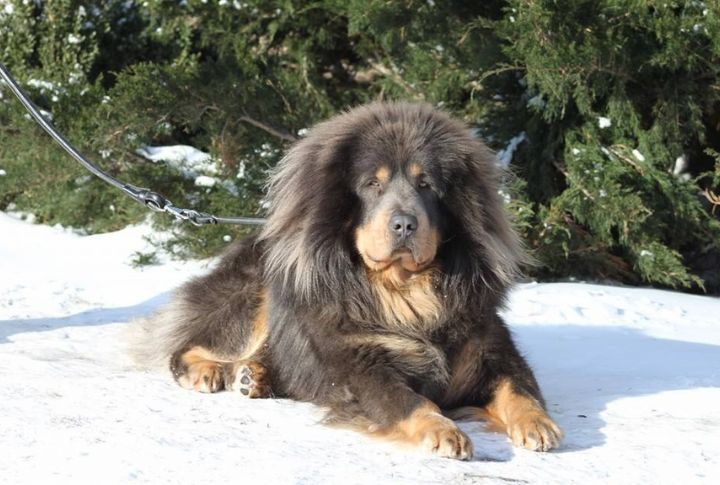
A Tibetan Mastiff’s massive chest and thick airways don’t produce sharp, choppy sounds but deep, heavy exhalations that move like low thunder. Even when still, their breath shifts the room’s energy, sending slow, muffled waves that seem to hum through the floorboards rather than echo in the air.
Great Dane
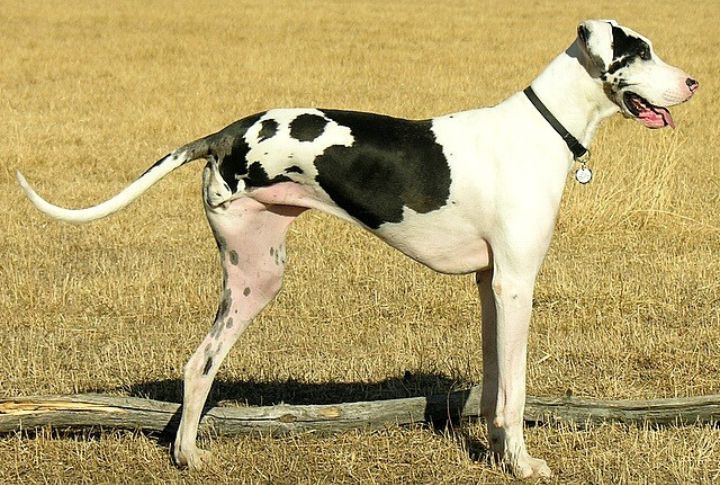
Great Danes are typically quiet sleepers, which makes their sudden snores all the more noticeable. Their large heads and relaxed throat muscles can cause partial airway obstruction during deep sleep, and this leads to brief, heavy bursts of sound that contrast with their otherwise gentle presence.

